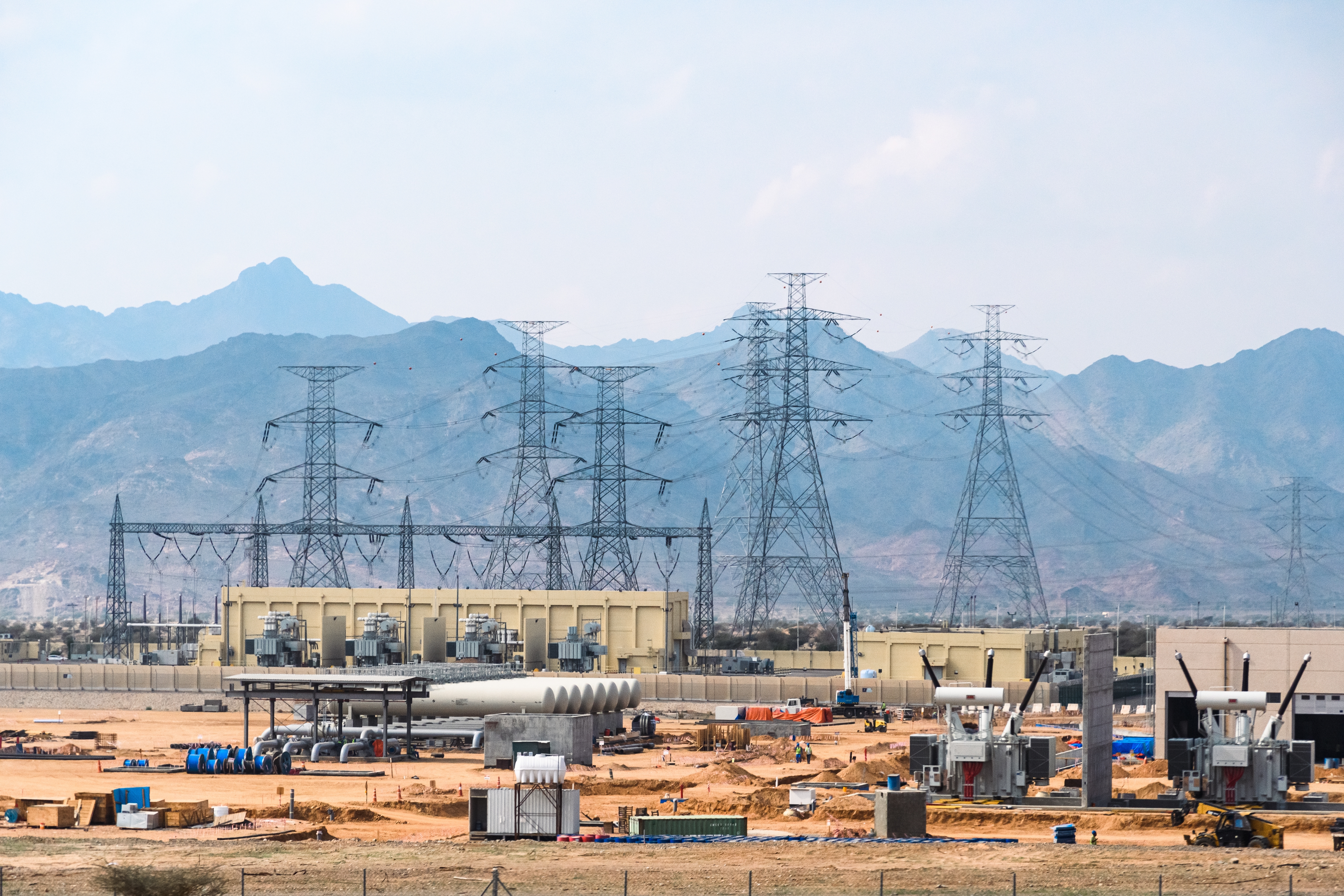Profits decline at Kuwaiti banks; funding tightens

Aggregate net profits declared by Kuwait's 10 commercial banks halved during 2020, when compared with their net profits for 2019. Al Ahli Bank (which recently appointed a new CEO) declared a large loss, and Commercial Bank of Kuwait and Kuwait International Bank showed net profits barely above zero. (See Attachment 1 below for a summary of the bank's financials for 2019-20.)
That said, all ten banks remain well capitalised on both a risk-weighted and un-weighted basis, and some banks' profitability ratios remain respectable when compared to those that are reported by European banks.
Funding is emerging as an issue for Kuwaiti banks, with six of the ten showing loans/deposit ratios greater than 100%. Kuwaiti banks' ability to raise commercial funds remains strong, but less strong than before given the recent rating downgrades of the Kuwaiti government (which generally lead to downgrades of the banks).
Last year, Moody's downgraded Kuwait by two notches to A1 and S&P downgraded by one notch to AA-. In February this year, Fitch assigned a negative outlook to its AA rating.
National Bank of Kuwait continues to dominate the local banking market, accounting for 38% of aggregate equity, 32% of net loans and 29% of customers deposits. (Note that Boubyan Bank, which is owned by NBK, is consolidated into NBK's accounts, so there is an element of double counting in those figures.)
Kuwait Finance House is easily the second biggest bank in Kuwait: half the size of NBK but three times the size of the medium sized banks.
Over the last few years, there have been a series of mergers between GCC banks or acquisitions of one by another, but no Kuwaiti bank has yet participated in this trend. Merger discussions between Kuwait Finance House and Bahrain's Ahli United Bank were begun in 2017 but have not been completed.
Many of those mergers/acquisitions entailed stronger banks mopping up weaker banks that had been underperforming for years. Some, such as those in Abu Dhabi and Dubai, and more recently the NCB-Samba merger in Saudi Arabia, entailed government shareholders rationalising their holdings while simultaneously creating local banks with greater regional and international scale.
In contrast, no Kuwaiti banks have needed to be rescued. They have been happy to plod forward, eschewing opportunities to merge, become bigger, and spread their wings.
Kuwait remains a wealthy country but its economy is not developing and diversifying in the way that others in the region, such as Qatar and even Bahrain (which is far less rich), have been doing. There are now clear signs that more straightened economic times lie ahead. Assets in the government's Fund for Future Generations may run to nearly $500bn but they lack liquidity. The General Reserve Fund is now almost depleted following large drawdowns last year. The Kuwaiti Parliament has been blocking government attempts to pass a new law that would open the way for Kuwait to raise more sovereign debt. Efforts to reign in government spending have come to nothing.
Most Kuwaiti banks are overwhelmingly dependent on conditions in their local economy. In the absence of more dynamic and forward looking economic policies, it will be hard for the banks to perform well.
More In
News



Farrer & Co LLP summarises the main points from yesterday’s [...]

Caryl Van Randwyck considers the implications of AI for banks [...]

Record Numbers Attend Our Annual Gala Dinner

New member GAMCO Investors analysis predicted energy demand in the Middle East


